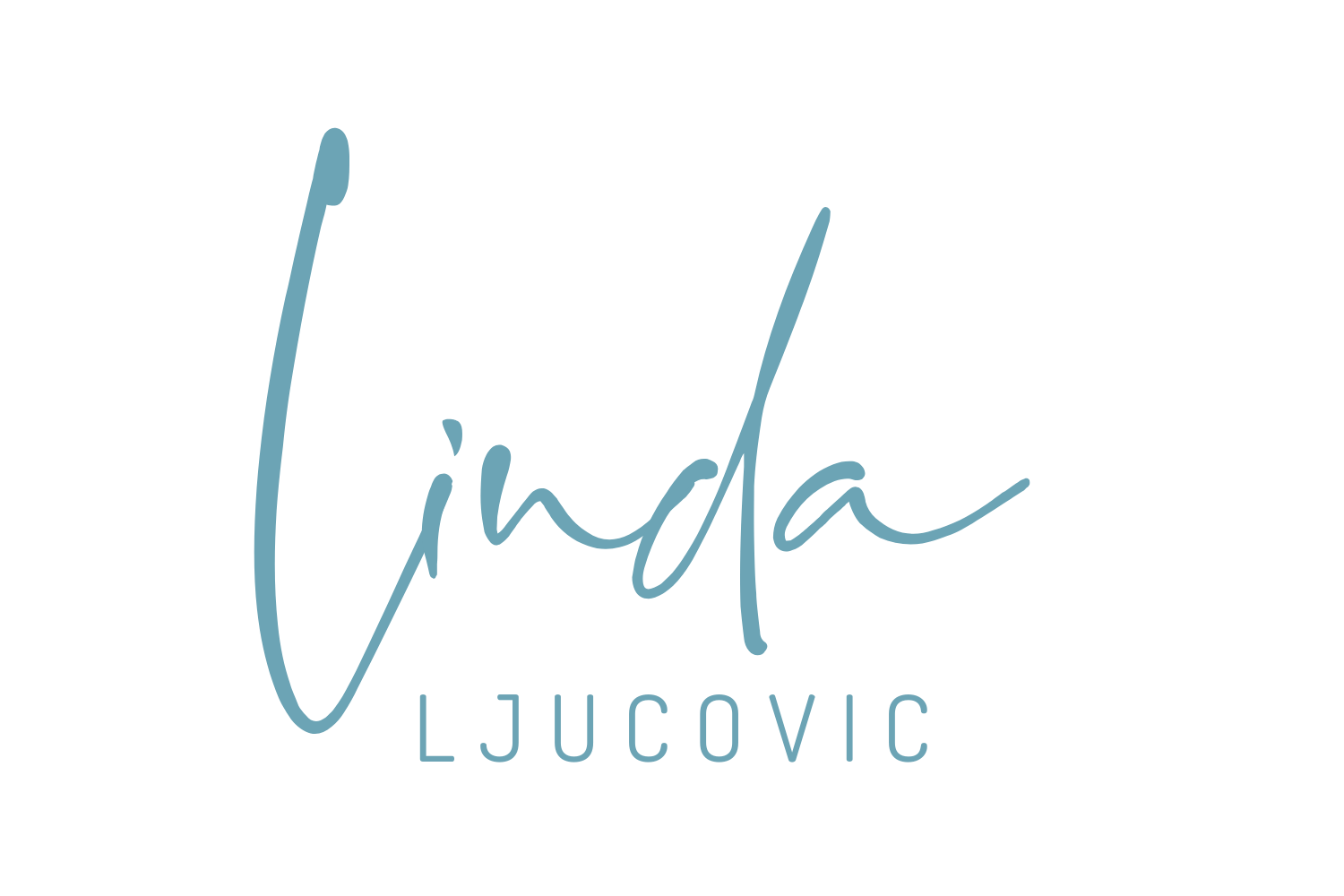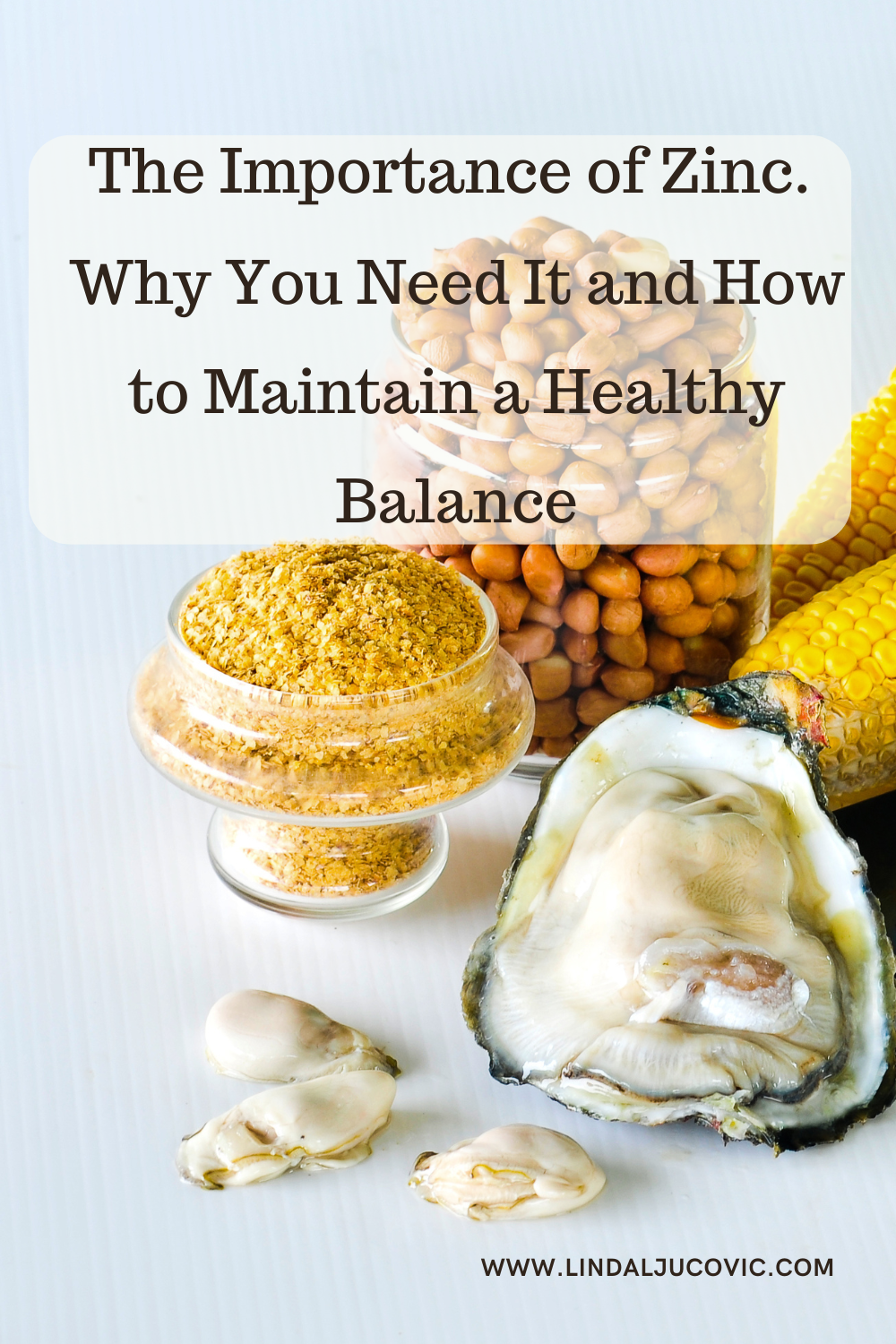The Importance of Zinc: Why You Need It and How to Maintain a Healthy Balance
Zinc is a critical mineral with far-reaching effects on health, yet its role is often overshadowed by more familiar nutrients. This small-but-mighty mineral plays an essential role in immune function, wound healing, hormone production, and even mood regulation. Zinc deficiency can lead to a variety of health issues, many of which I’ve seen firsthand in the mineral labs I run. As a Functional Diagnostic Nutrition Practitioner (FDN), my approach goes beyond simply spotting deficiencies — it’s about looking at the whole picture, including how zinc interacts with other nutrients.
Why Zinc Matters
Zinc is involved in hundreds of bodily processes, so a deficiency can have widespread consequences.
Here are some critical areas where zinc shines:
Immune System: Zinc is key in fighting off infections and is vital for immune cell function. Deficiency can lead to a weakened immune response, leaving you more susceptible to colds and other illnesses.
Skin and Wound Healing: Zinc is necessary for collagen formation and skin repair, making it essential for healing cuts and injuries. Low levels may also contribute to skin issues like acne and eczema.
3.Hormonal Health: Zinc plays a role in producing and regulating hormones, including insulin and sex hormones. A deficiency can lead to imbalances, affecting everything from metabolism to reproductive health.
4.Cognitive Function and Mood: Zinc is crucial for brain health. Low levels have been linked to mood issues, including anxiety and depression.
Symptoms of Zinc Deficiency
Zinc deficiency can be subtle but often has recognizable symptoms, including:
Frequent colds or infections
Slow wound healing
Skin problems (acne, rashes)
Hair loss
Poor appetite or altered taste and smell
Mood disturbances like irritability or depression
While these symptoms may suggest a zinc deficiency, it’s always best to confirm through proper testing, as these signs could also stem from other imbalances.
Why It’s Not Just About Zinc Supplements
Addressing a zinc deficiency isn’t as simple as popping a supplement. Zinc has a close, often complex relationship with copper. These two minerals are antagonistic, meaning that as you increase zinc, it can lower copper levels, and vice versa. This interplay is why it’s so important not to overdo zinc supplements, as an imbalance can lead to copper deficiency, creating a whole new set of problems.
Additionally, mineral balance doesn’t operate in isolation. Other minerals, like iron and magnesium, are part of the interconnected mineral system within our bodies. Overloading on one can affect others, which is why my approach as an FDN always focuses on understanding these relationships rather than offering a one-size-fits-all solution.
How an FDN Can Help Balance Zinc
As an FDN, I work with you to get a comprehensive picture of your mineral levels, often through detailed lab testing. By looking at the broader mineral interactions, I help uncover any underlying imbalances, including zinc and copper relationships. From there, we can create a plan tailored to your body’s specific needs, which may involve dietary adjustments, lifestyle changes, and carefully chosen supplements.
Here are some ways I can support you:
Mineral Lab Testing: Testing helps identify deficiencies or excesses. With the labs I run, we can spot zinc deficiency and determine whether other minerals, like copper, are also out of balance.
Personalized Diet and Lifestyle Plan: Certain foods are rich in zinc, such as pumpkin seeds, oysters, and beef, and incorporating these into your diet can help without the risks of over-supplementation.
Guided Supplementation: If supplements are necessary, I guide you on safe dosages and timing.
Holistic Support for Overall Health: Zinc levels are affected by stress, gut health, and other lifestyle factors. Addressing these areas helps ensure better zinc absorption and utilization.
Final Thoughts on Zinc
Zinc is a powerhouse mineral, essential for many bodily processes. However, balancing zinc isn’t always straightforward due to its interaction with other minerals like copper. Simply adding a supplement may not give you the results you want and may even disrupt other systems. By working with an FDN and taking a balanced, informed approach, you can get to the root of deficiencies while supporting your health in the best way possible.
If you’re interested in exploring your mineral balance or have questions about zinc, feel free to reach out for more information on how testing and targeted health strategies can support your wellness journey!
Try this delicious zinc and mineral loaded treat! Seeded Bark.




